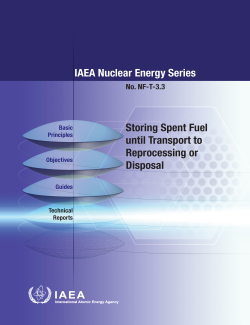Description
This publication identifies issues and challenges relevant to the development and implementation of options, policies, strategies and programmes for ensuring safe, secure and effective storage of spent fuel until transport for reprocessing or disposal. The target audience of this publication includes policy and decision makers who need to be aware of the implicit risks and costs associated with decision timing for determining and implementing an end point for spent fuel management (such as reprocessing or disposal) to ensure the responsible and sustainable use of nuclear energy. The publication will assist those within the nuclear industry in communicating the importance of a clear, credible and sustainable spent fuel management strategy and will encourage decision makers to consider different approaches that may be useful in addressing the uncertainties resulting from an unknown storage duration and an undefined end point for spent fuel management.
More Information on reusing IAEA copyright material.
Keywords
Nuclear Energy Series, Spent Reactor Fuels, Storage, Nuclear Fuels, Nuclear Industry, Safety Measures, Transport, Reprocessing, Disposal, Implementation, Policies, Strategies, Programmes, Decision Maker, Risks, Costs, Timing, SFM, Spent Fuel Management, Sustainability, Member States, Fuel Material, Storage Facilities, Nuclear Power Reactors, Research Reactors, Material Test Reactors, Isotope Production Reactors, HLW, High Level Waste, SFA, Spent Fuel Assembly, SSCs, Structures, Systems and Components, Good Practice, Ageing Management, Licence Renewal, Regulatory Framework, Spent Fuel Storage Safety, Containment, Shielding, System Design Basis, Wet Storage, Dry Storage, Regulators, Siting, Licensing, Inspection, Public Outreach, Accountability, Nuclear Fuel Cycle, Decay Heat Removal, End Point, Nuclear Energy
Related publications
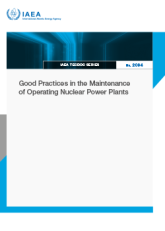
2025
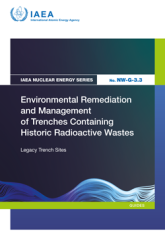
2025
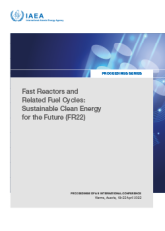
2025
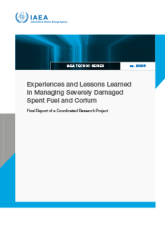
2025
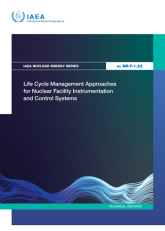
2025
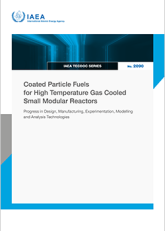
2025
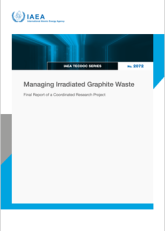
2024
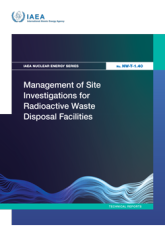
2024
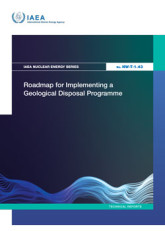
2024
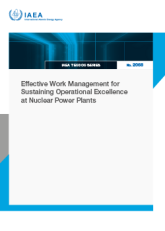
2024
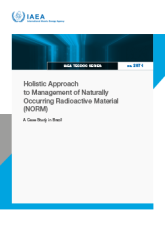
2024
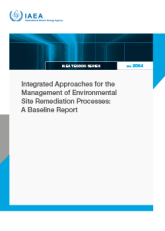
2024
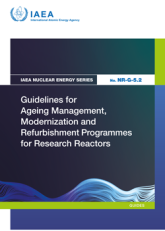
2024
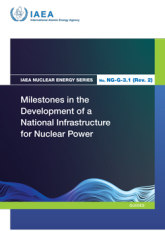
2024
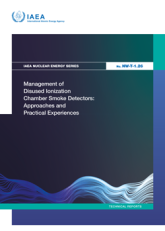
2024
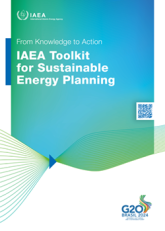
2024
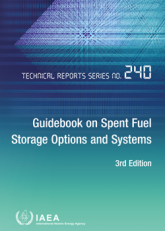
2024
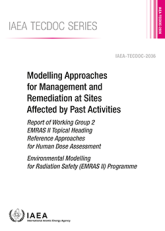
2024


